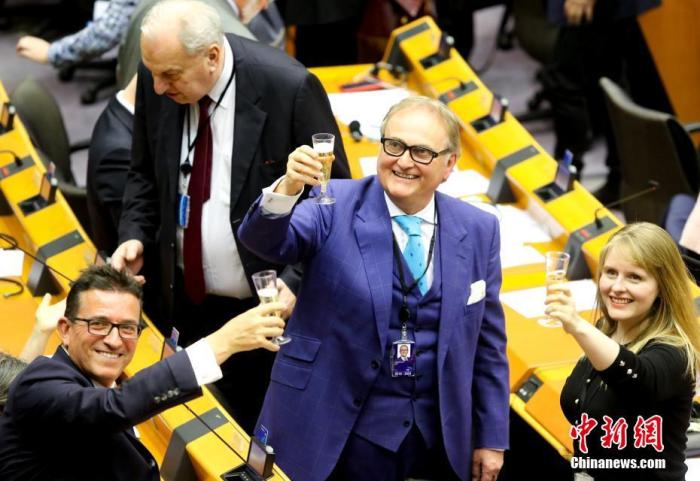Chinanews, July 24th, a comprehensive report, local time on the 23rd, Britain and Europe concluded the latest round of negotiations in London. The United Kingdom and the European Union stated that there is still a certain distance from reaching a post-Brexit trade agreement. Barnier, the EU’s chief representative for Brexit negotiations, said that an agreement must be reached "at the latest" by October so that the agreement can be approved before the end of the transition period.
According to the British Broadcasting Corporation (BBC), Barnier, the EU’s chief representative for Brexit negotiations, said that considering the UK’s position on fisheries rights and post-Brexit competition rules, it seems unlikely that an agreement will be reached.
Barnier said that unless the UK changes direction on these issues, it may not be able to reach an agreement. These issues are the "core" of EU trade interests. He also stated that the agreement needs to be reached "at the latest" by October, so that the agreement can be approved before the current transition period ends in December.
On January 29, local time, the European Parliament approved the "Brexit" agreement. The picture shows the parliamentarians toasting farewell after the voting. China News Agency issued photos for EU
The UK's chief Brexit negotiator, Frost, said that there are still "huge gaps" in these areas, but it is still possible to reach an agreement. According to reports, Britain has ruled out the possibility of extending the December deadline to reach an agreement.
According to reports, the chief negotiators of the two sides will hold informal talks in London next week, and another round of formal talks is scheduled to be held in Brussels in mid-August.
The UK left the European Union in January 2020 and is currently in a one-year transition period. During this period, the two sides have conducted many consultations to try to establish new relations from trade to security. But so far, negotiations between the UK and the EU have almost stalled.
The UK and the EU have serious differences in core areas such as fisheries and fair competition. For example, in the field of fisheries, the two sides have been arguing over how to allocate cross-sea fishing rights.

